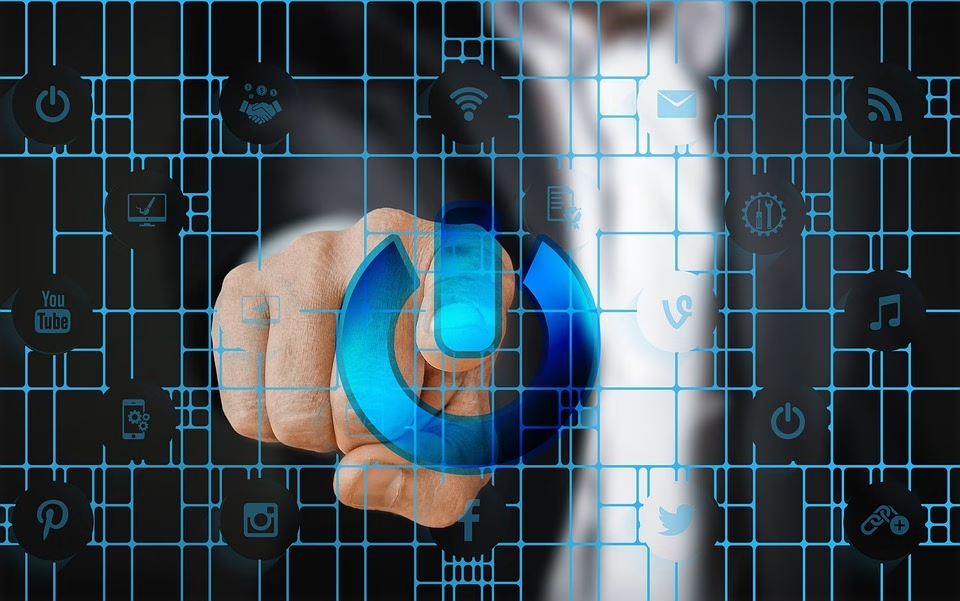From Automation to Augmentation: The Evolution of AI in the Workplace

In 2025, the landscape of artificial intelligence (AI) and automation continues to evolve at an astounding pace, with autonomous AI agents taking center stage in the business world. These sophisticated AI systems are designed to operate independently, making decisions and conducting operations without direct human intervention. As industries increasingly rely on automation, the rise of these intelligent agents promises to enhance efficiency, drive innovation, and create a paradigm shift in how businesses operate.
The Core Development: Autonomous AI Agents
The advent of autonomous AI agents marks a significant milestone in AI development. Major tech players like OpenAI, Google AI, and Microsoft have made substantial strides in building AI systems that can learn, adapt, and execute tasks autonomously. For instance, OpenAI’s latest advancements in reinforcement learning have resulted in agents capable of solving complex logistical challenges in real time. Google’s TensorFlow has also integrated these capabilities, allowing developers to create custom AI agents for a range of applications.
Key features of autonomous AI agents include:
- Self-Learning Algorithms: These agents utilize machine learning to adapt to new information and scenarios without human assistance.
- Real-Time Decision Making: They offer the capability to analyze vast amounts of data and make decisions at lightning speed.
- Scalability: Companies can deploy these agents across various sectors, from customer service to supply chain management, maximizing efficiency.
Practical Applications: Empowering Businesses and Individuals
Autonomous AI agents are being employed in diverse sectors, offering tools that cater to specific needs:
- Customer Support: AI chatbots powered by autonomous agents can handle customer inquiries 24/7, learning from interactions to improve responses. For example, companies like Zendesk now implement AI agents that can resolve issues without human escalation.
- Supply Chain Management: Businesses, particularly in logistics, use AI agents to forecast demand, optimize routes, and monitor inventory levels autonomously. Companies such as Amazon are leveraging these technologies to enhance delivery efficiency.
- Finance: AI agents analyze market trends and perform algorithmic trading, significantly enhancing the speed and accuracy of financial transactions.
Benefits & Challenges: Weighing Opportunities and Risks
While the advantages of autonomous AI agents are compelling, there are notable challenges to address:
Benefits:
- Increased Efficiency: Tasks can be completed faster and with fewer errors, thanks to the AI’s capacity for real-time data analysis.
- Cost Savings: Businesses can reduce labor costs and resource expenditures, as AI agents require minimal oversight.
- Enhanced Decision Making: Data-driven insights lead to better business strategies that can adapt to market changes rapidly.
Challenges:
- Ethical Concerns: The deployment of autonomous AI raises questions about accountability in decision-making. Should an AI agent make a mistake, determining responsibility can be complex.
- Regulatory Hurdles: Governments and regulatory bodies are still catching up with the pace of AI technology. Issues of data privacy, security, and compliance require ongoing scrutiny.
- Job Displacement: As automation becomes ubiquitous, the potential for significant workforce displacement presents both ethical and economic dilemmas.
Industry/Market Impact: The Future of AI Adoption
The adoption of autonomous AI agents is reshaping various industries, reaffirming the importance of AI in today’s digital economy. According to a report by Gartner, by 2027, over 75% of enterprises will have deployed AI-driven automation solutions. This trend underscores a broader shift towards integrating AI into core business functions, leading to greater productivity and innovation across sectors, from healthcare to manufacturing.
Expert Insights: Voices from the Industry
"Autonomous AI agents are not just tools; they represent a new way of thinking about workload and operations," says Dr. Emily Johnson, Chief AI Officer at Tech Innovations. "As these agents continue to learn and evolve, they will empower businesses to focus on strategic growth rather than routine tasks."
In a recent press release, Microsoft highlighted their commitment to advancing responsible AI development. "Our autonomous AI solutions are designed with ethical considerations at their core, ensuring that advancements benefit society as a whole."
What’s Next: The Roadmap for AI and Automation
Looking ahead, several trends are expected to shape the future of AI and automation:
- Enhanced Collaboration Between Humans and AI: The concept of augmented intelligence, where AI augments human capabilities, will gain traction. This symmetrical partnership can lead to innovative solutions that neither could achieve alone.
- Regulatory Frameworks: As AI continues to penetrate the market, governments will likely introduce comprehensive regulations to ensure ethical use and data protection.
- Universal AI Literacy: As businesses adopt these technologies, the need for AI literacy at all organizational levels will become vital for effective collaboration.
SEO FAQs
What are the best AI tools in 2025?
In 2025, tools such as OpenAI’s ChatGPT for natural language processing, Google AI’s TensorFlow for machine learning, and Microsoft Azure’s AI services are among the leading AI solutions.
How is AI changing business automation?
AI is transforming business automation by enhancing operational efficiency, allowing for autonomous decision-making, and improving customer service through intelligent algorithms.
What’s new with ChatGPT and OpenAI in 2025?
In 2025, OpenAI has launched improved versions of ChatGPT, with capabilities for more nuanced conversations and better contextual understanding in various domains.
Which industries benefit most from AI automation?
Industries such as healthcare, finance, logistics, and retail are benefiting immensely from AI automation, improving operational efficiency and customer experience.
As the era of autonomous AI agents unfolds, the convergence of technology and intelligence will redefine traditional business paradigms, paving the way for a more efficient and responsive future. Embracing these advancements responsibly will be crucial in harnessing their full potential while addressing ethical and regulatory challenges.
🚀 Try Ancoia for FREE today and experience the power of business automation!
🔗 Sign up now and get a 7-day free trial



